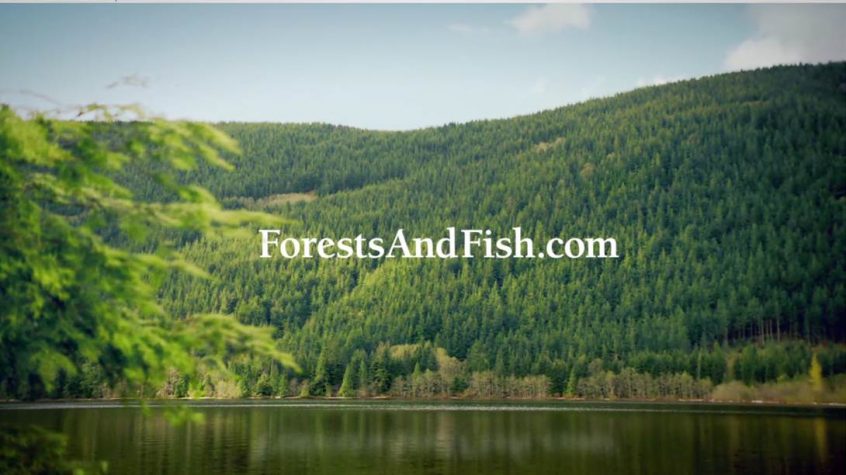OLYMPIA, Wash. — Washington’s private forest landowners have a long track record of working with agencies, tribes, and environmental groups to protect natural resources and support healthy forests, fish, and wildlife. That collaborative approach has made Washington a national leader in science-based forest management.
The Forest Practices Board’s recent decision to expand Forests and Fish law buffers on non-fish streams, driven by Ecology’s insistence on a “no measurable temperature change” standard, breaks from that tradition. The rule overreaches the law, ignores on-the-ground realities, adds costly and unnecessary regulations, and offers little to no benefit for salmon recovery.
Because top state officials refused to engage in meaningful negotiations to develop alternatives acceptable to all parties, we are now taking the difficult step of filing litigation to challenge the decision and restore lawful, transparent, science-based policymaking. While litigation is our last resort, it is unfortunately necessary. We remain committed to working with all partners to develop practical, science-driven solutions that protect clean water, advance salmon recovery, and support rural economies.
The Forest and Fish law works, and we remain staunchly committed to recovering salmon in our state. This new rule is about the non-fish streams, and we believe the department of Ecology is misinterpreting the federal requirement for water temperature. The tremendous cost associated with this decision justifies a judicial review.
About the Washington Forest Protection Association
The Washington Forest Protection Association (WFPA) represents private forest landowners growing and harvesting trees on about 4 million acres in Washington State. Members of the 117-year-old association are large and small companies, individuals and families who practice sustainable forestry in Washington’s private forests. For more information, go to www.wfpa.org.
###
